In recent times, Quang Ninh has had a certain development in heritage economy , especially heritage tourism. According to experts, the potential for exploiting heritage economy in Quang Ninh is still abundant. And to promote the further development of heritage economy, it is necessary to have solutions such as raising awareness, perfecting mechanisms and policies as well as encouraging and creating conditions for agents to actively and proactively participate in heritage economy. Besides, looking at some neighboring countries with similar cultures in the Asian region will help us gain valuable experiences.
Linked with economic and social development
China is a country with a huge heritage through thousands of years of feudal dynasties and is highly commercialized. The combination of promoting the value of heritage with the tourism industry, transportation, production of goods supplying heritage sites as well as promoting the effectiveness of online platforms is highly valued by this country.
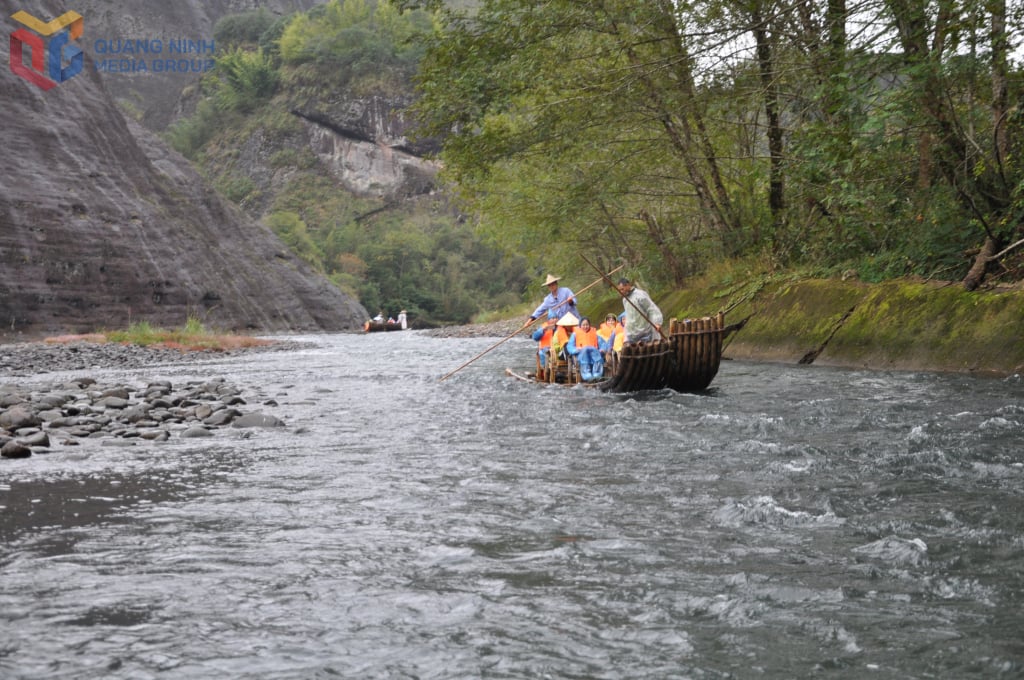
According to Associate Professor Dr. Nguyen Thuong Lang, Institute of International Trade and Economics (National Economics University), China has implemented many important solutions in developing the heritage economy. That is to thoroughly evaluate and quantify the market value of heritage in the direction of value accumulated over time. The older the heritage, the more historical and past value increases to evaluate the ability to create benefits.
In addition, the level of state investment in the development of heritage economic infrastructure, such as the most convenient connection between major commercial centers and heritage with the highest speed, the most favorable travel conditions, the highest service quality and the most competitive prices, has contributed to increasing the excitement and desire to explore of those who want to enjoy heritage values. This also helps businesses, households and individuals to participate appropriately in the heritage economy. Modern infrastructure connects heritages so as not to miss out on customer needs. Important domestic and international events are organized in association with heritage to create a widespread influence on the reputation of heritage.
Along with that, your country also encourages businesses and entities with suitable conditions to participate in the heritage economy. The cooperation model between centers, locations, heritage sites and related sectors such as agriculture, industry, services into heritage economic chains, value chains and supply chains is built to eliminate unhealthy competition and comply with the principles of maximum commercial benefits, sustainable development and fairness in benefit distribution.
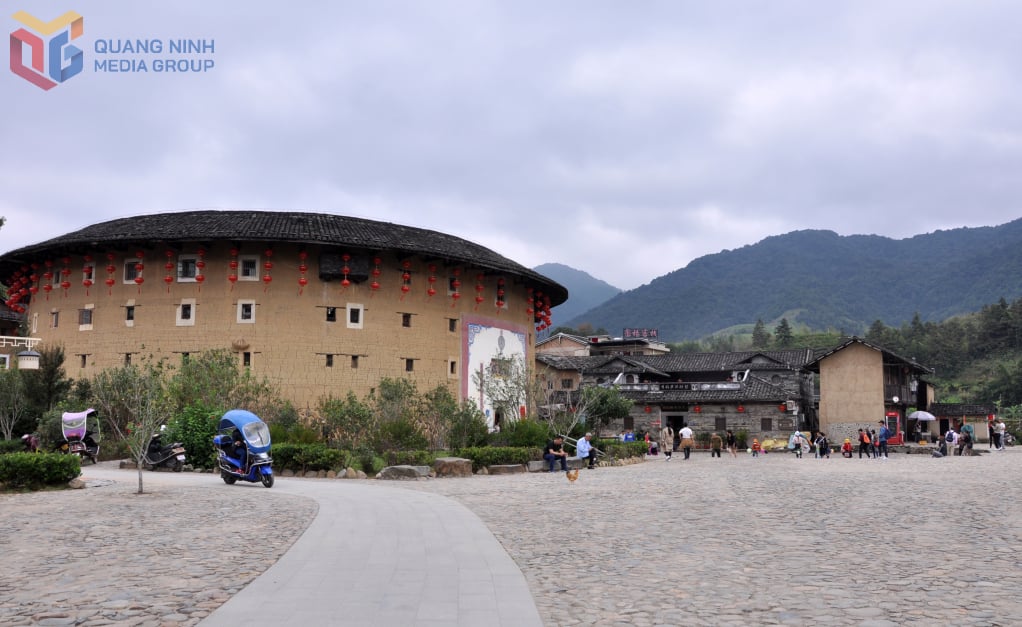
Through research, Associate Professor Dr. Nguyen Thuong Lang also said that another effective solution is that China has effectively promoted the overseas Chinese network of about 250 million people to develop the heritage economy. Combining the development of heritage with the promotion of the successes of technological progress, the rise of the Chinese economy, such as: High-speed trains, the most modern and longest bridges in the world, unique architectural works and the development of digital technology... further increases the attractiveness of the heritage economy from a modern perspective.
Combine heritage with additional services
Thailand's heritage economic model combines heritage with additional services based on the 3S principle (Sightseeings, Shopping and Sexual Entertainment). Accordingly, visiting, researching and exploring heritage is a necessary condition for a heritage economy. The importance of exploiting additional economic benefits is given more importance. Revenue from the heritage economy comes from services consumed by tourists, such as shopping, entertainment, cuisine and recreation. Therefore, investing in creating a rich, diverse and good quality source of goods, convenient and friendly immigration and transit procedures, and convenient transportation becomes the highest priority and there are programs to stimulate tourism to unique and different heritages and shopping festivals.
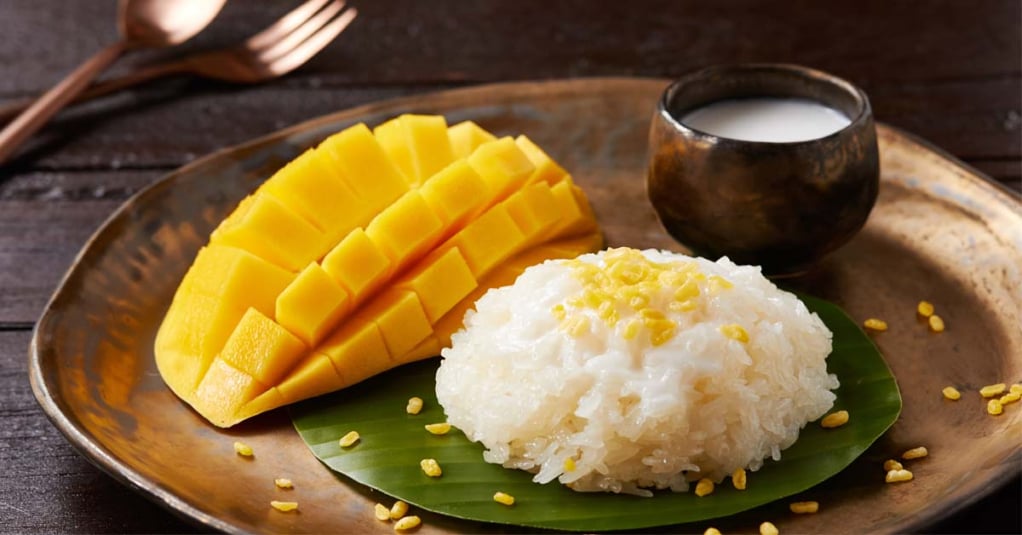
According to Associate Professor Dr. Nguyen Thuong Lang, the long-term benefits from trading and commercializing Thailand's heritage are huge. Thailand has a strategy to enhance its national position to become a center for providing high-end conference and seminar services in the world. This is the way for the country's cultural heritage to reach customers. At the same time, Thailand connects to exploit the heritage of other countries but will sell additional services in Thailand, so that the heritage of this country brings some benefits to other countries.
Thailand’s heritage economy overcomes the seasonality of tourism, promoting heritage values in all types of weather throughout the year. Wide openness and friendliness, professionalism from a commercial perspective, along with highly specialized production such as high-quality agricultural products (rice, durian, mango, etc.) and diverse consumer products, further increase the attractiveness of Thailand’s heritage economy…
Cultural industry is the “key”
For Korea, through long-term development strategies, strong investment from the Government and active participation from the community, the cultural industry development strategy has become the "key" to help the country optimize economic value from cultural heritage, while promoting the national image in the world.

Participating in the workshop on heritage economic development held in Van Don at the end of 2024, Ms. Nguyen Thi Hoa (Communist Magazine) said that the Korean cultural industry has developed strongly since the end of the 20th century and is increasingly asserting its key role in the national economy. Currently, the development focus of the Korean cultural industry is the digital content industry, with strong investment in digital platforms to export cultural products globally. Products such as K-pop, TV dramas and online games not only bring huge profits but also help Korea improve its national status, promote tourism and export items such as cosmetics and fashion.
South Korea has chosen a relatively different path: “Culture comes first, economy follows” and has built a long-term strategy to fully exploit the strengths of the cultural industry. From this, many lessons have been learned for Vietnam in general and localities such as Quang Ninh in particular. First of all, it is the construction of a synchronous and comprehensive policy system. This plays an important role in the development of the Korean cultural industry, including policies on finance, human resource training, protection of intellectual property rights and national promotion.
In addition, there is experience in investing in training high-quality creative human resources, promoting and exporting cultural products, and encouraging creativity and innovation. Korea always encourages unlimited creativity in the cultural industry, especially in combining traditional arts with modern technology. Finally, developing cultural tourism associated with cultural industry. The Korean "K-Tourism" model can be referenced to promote tourism and cultural industry in Vietnam and other localities...
Harmonizing interests between parties
In Asia, Japan is considered a successful country in preserving cultural and historical heritage in a standardized and strict manner, but still creating opportunities for heritage to develop and adapt to the new era. Ms. Nghiem Thanh Thuy (Communist Magazine) in her speech at the above-mentioned Heritage Economic Development Conference, said that this was achieved thanks to the public-private partnership strategy in conservation and development according to the market mechanism with state regulation, and flexible policies to create consensus in the spirit of harmonizing the interests of relevant parties.
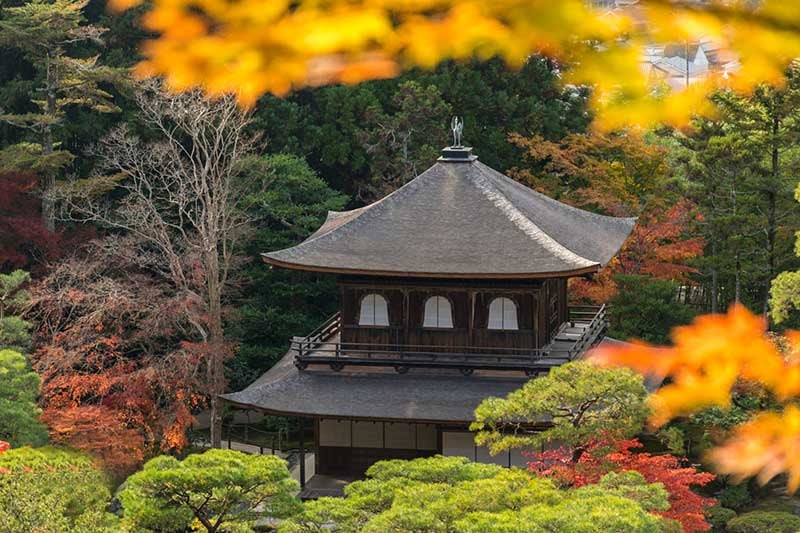
Through a specific legal system and policies, Japan directs activities to preserve, maintain, disseminate, and exploit cultural heritage values with the active participation of the community and social organizations within a certain framework, with order, discipline, goals, and focus.
Restoration, repair and maintenance of ancient buildings must comply with strict technical regulations. The construction of new houses and tourist service facilities in areas with historical and traditional cultural landscapes must also not disrupt the overall picture. The architectural style will be traditional instead of modern high-rise buildings. Thanks to that, localities can preserve and maintain traditional architectural features and landscapes.
Along with the widespread propaganda, Japan also advocates expanding opportunities to bring people closer to cultural heritage and vice versa through the "school education" program and tourism development, creating conditions for all organizations and individuals to be able to access, enjoy and learn about cultural heritage. From there, it directly impacts the attitudes, feelings, national pride and responsibility of the people towards the cultural values created and accumulated from the past.
Japan pays special attention to high-quality human resources. Artisans are considered “national treasures” and are given appropriate care and treatment, as well as training and finding successors. This helps preserve Japan’s intangible cultural values, becoming a continuous flow, without interruption, fading or disappearing. Respecting artisans and showing respect through practical policies and actions not only helps preserve heritage, but also helps future generations have the confidence and motivation to be ready to become successors to receive and preserve heritage.
Ngoc Mai
Source












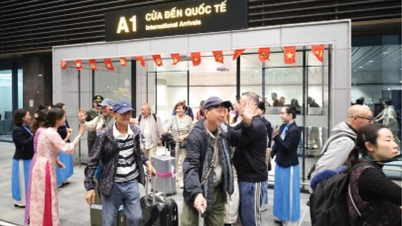

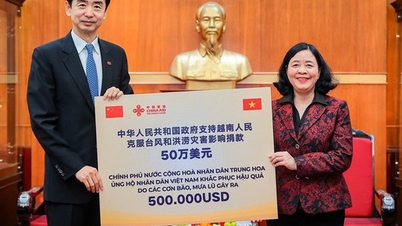

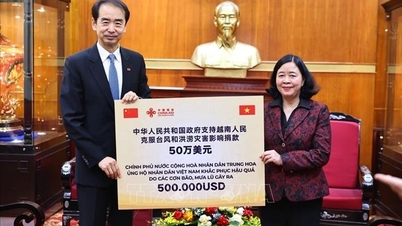

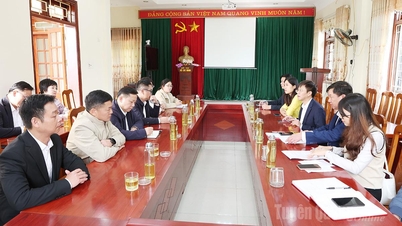



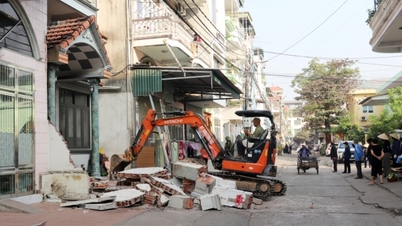
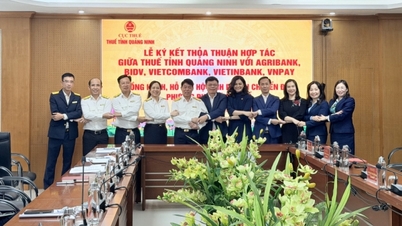


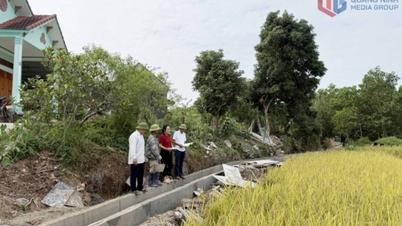





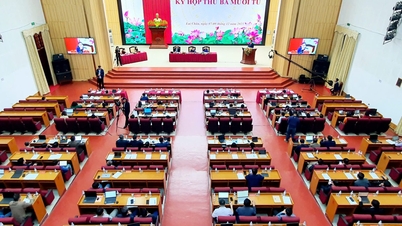
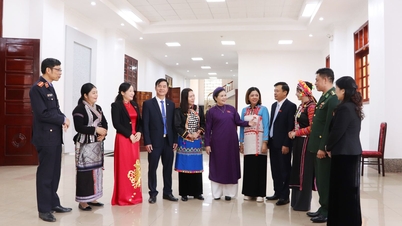
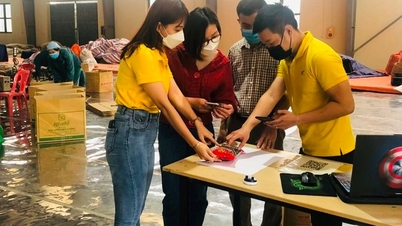
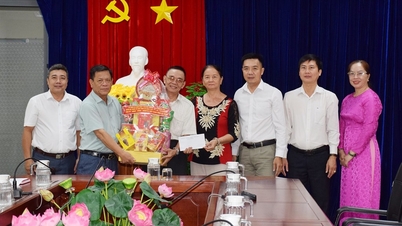
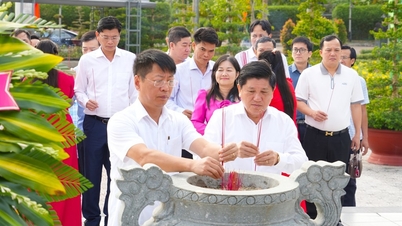






























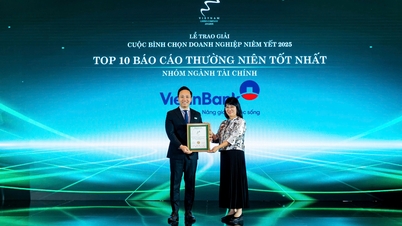













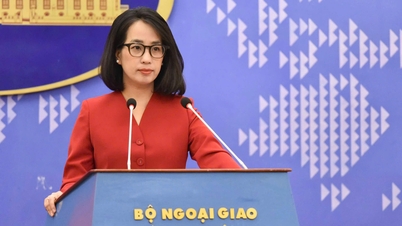












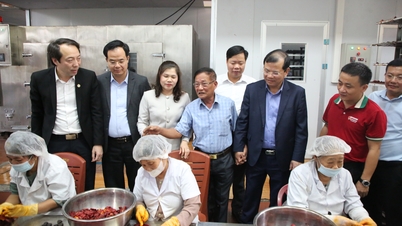


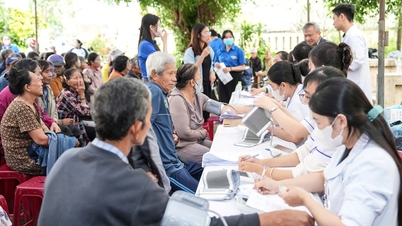

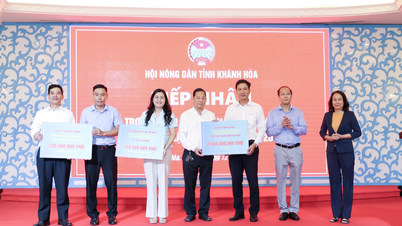












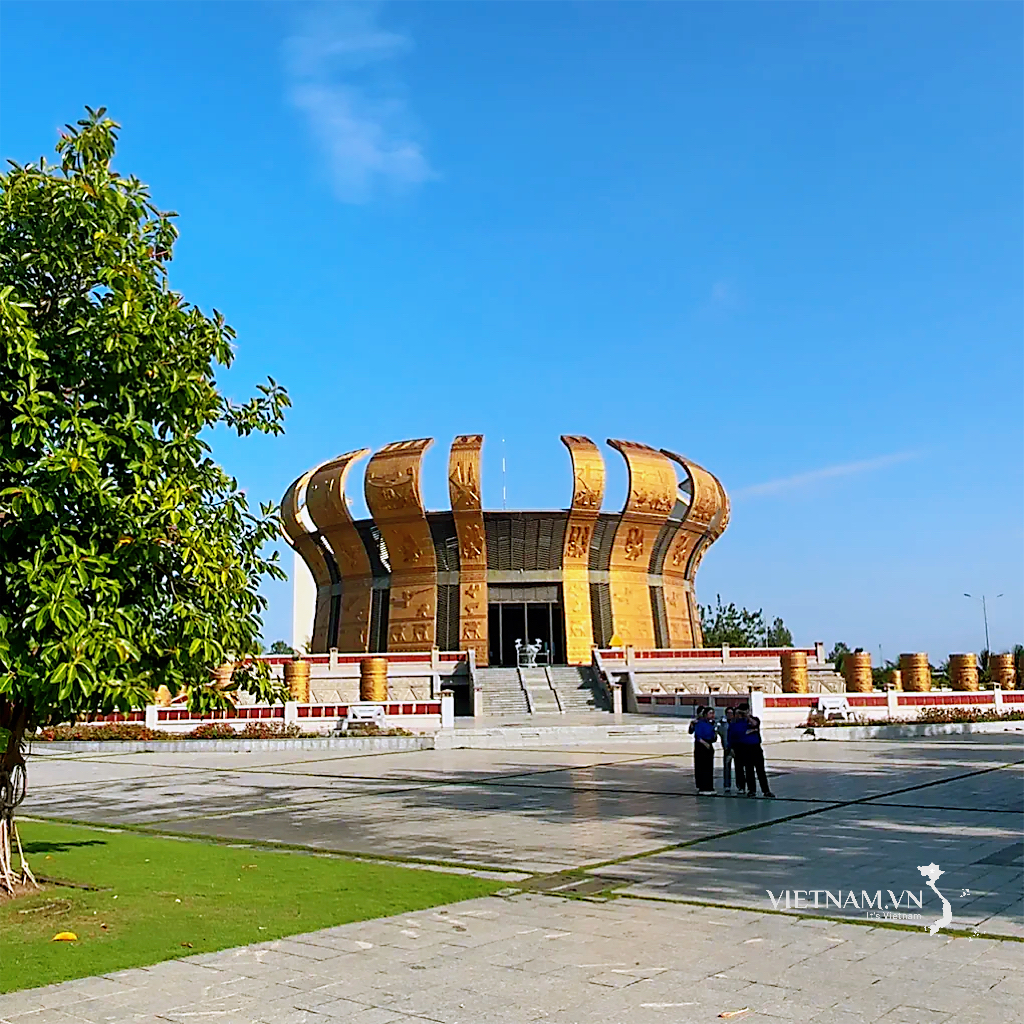





Comment (0)